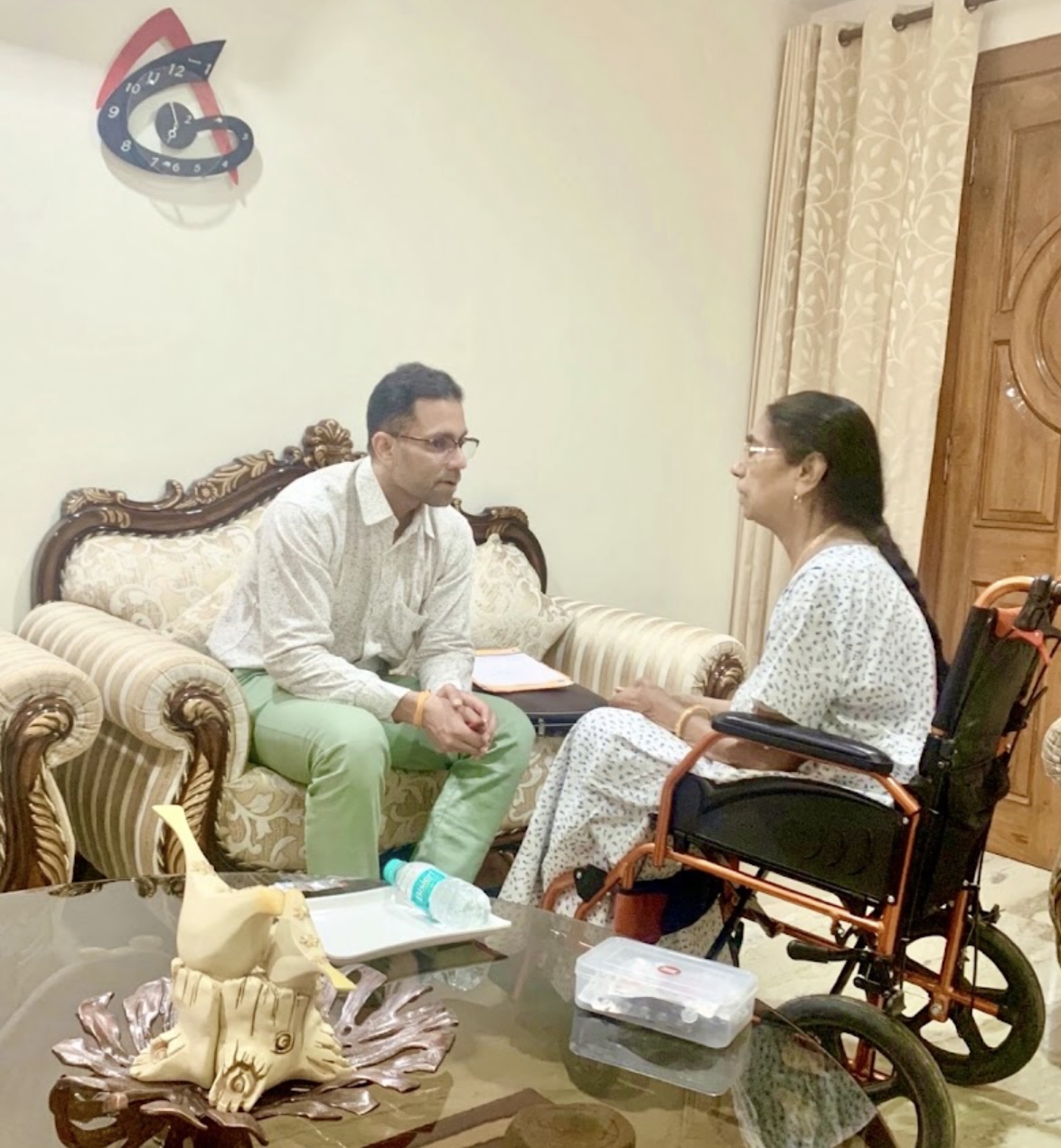Concierge care: Monthly subscription plan for Elder Care
Concierge Care — membership-based or monthly plan based plan —is a healthcare model in which patients pay an annual or monthly fee to access enhanced medical services, personalized care, and better access to their doctors. While this model is well-established in countries like the U.S., it's still emerging in India, though gaining traction among affluent urban populations.
What is offered
- Direct Access to Doctors: 24/7 phone/email/video consults, same-day appointments.
- Longer Consultation Times: No rushed visits—more in-depth care.
- Preventive & Holistic Care: Focus on lifestyle, chronic disease management, and wellness.
- Personalized Care Plans: Tailored medical advice, health tracking, and regular follow-ups.
Such combination of services conducted by specialist Geriatrician at the your doorstep. For a fee charged monthly and/or annually.
Current Status in India - budding stage. But the concept could be translated to elder care spectrum as continuum of care is of paramount importance than just treating symptoms and complication in a hospital catering to one aspect of care.
To mention, concierge care is popular among Corporate Executives, high net worth individuals, expats and of course older adults.
I envision its expansion in elder care from comfort of their home to hospital if required. This will operate on single window approach in which the specialist Geriatrician/Physician takes the lead in treating the patient in the hospital and orchestrating multidisciplinary team of super specialists and paramedics on need basis.
Few Examples in India
- Apollo Home care
- GeriCare Home care services.
- Portea Medical (Home Healthcare with concierge elements)
- HCAH (HealthCare atHOME)
- Dr. Reddy’s HealthCubed (remote diagnostics as part of premium care)
- Private clinics and specialists offering direct-pay VIP care packages
Challenges in India
- Cost Sensitivity: Majority of the population cannot afford retainer fees.
- Limited Awareness: The concept is still new and not widely understood.
- Lack of Regulation: No formal regulatory framework exists for this model.
- Doctor Availability: India has a relatively low doctor-to-patient ratio; concierge care can further strain availability.
My way to navigate above mentioned challenges - been rewarding so far -
Accepting few patients, streamlining the process through workflow charts is a step towards understanding the concept, in turn, spreading awareness, real time patient feedbacks will navigate issue of cost sensitivity. Specialist Physician being the epitome of authority, would offer services to accepted patients all the time.
Home Healthcare Expansion:
To begin with Home care expansion is best suited to dependent population. Prior integration followed by digital execution of collaborative services involving physiotherapists, nurses, care takers, bedside Xray and Ecgs, pathology tests, safer and Supervised IV practices at home has enormous potential.
Ideal Use Cases
Of the following I majorly handle first three subsets of patients
- Elderly patients with chronic diseases
- International patients seeking continuity of care
- Patients who value privacy and minimal hospital visits
- Busy professionals needing 24/7 access
Summary
Concierge medicine in India is in its nascent stage, but it shows promise as healthcare becomes more patient centric and technology-enabled than organ specific. While not a mass-market solution, it offers an attractive alternative for a niche, affluent segment ( Older population in India) looking for personalized, proactive healthcare. I would like to extend this to older population in Bhopal.
Check your eligibility
- Older adults with multiple consultations across specialist and hospitals.
- Parents living by themselves ; Children abroad/elsewhere-not staying together.
- Seniors with multiple co morbid conditions such as COPD, Diabetes, Blood pressure, stroke, Arthritis, post surgical condition, bed sores, dementia and so on which require multiple hospitalisations if not monitored carefully.
Dr Akshat Khandekar
